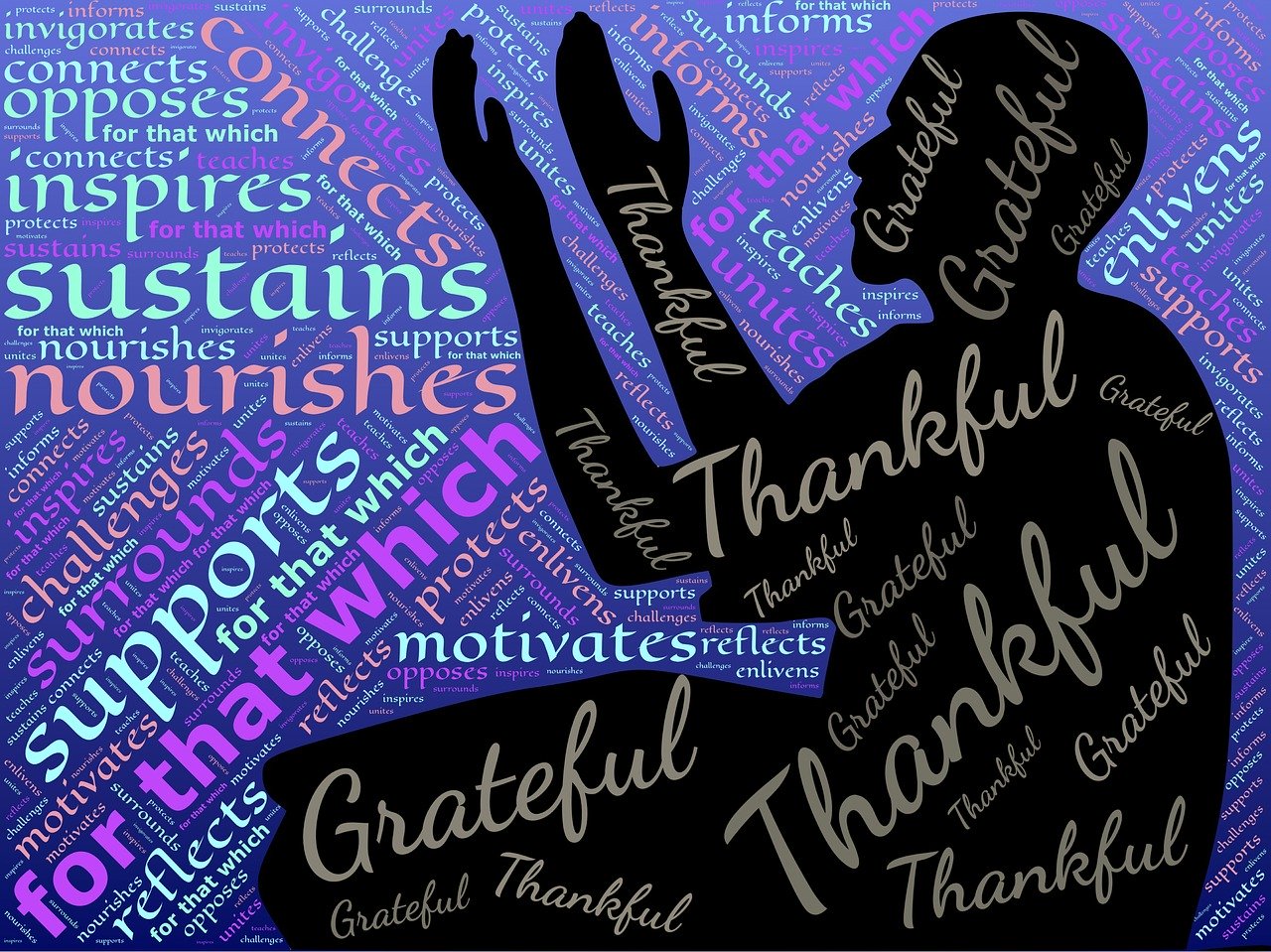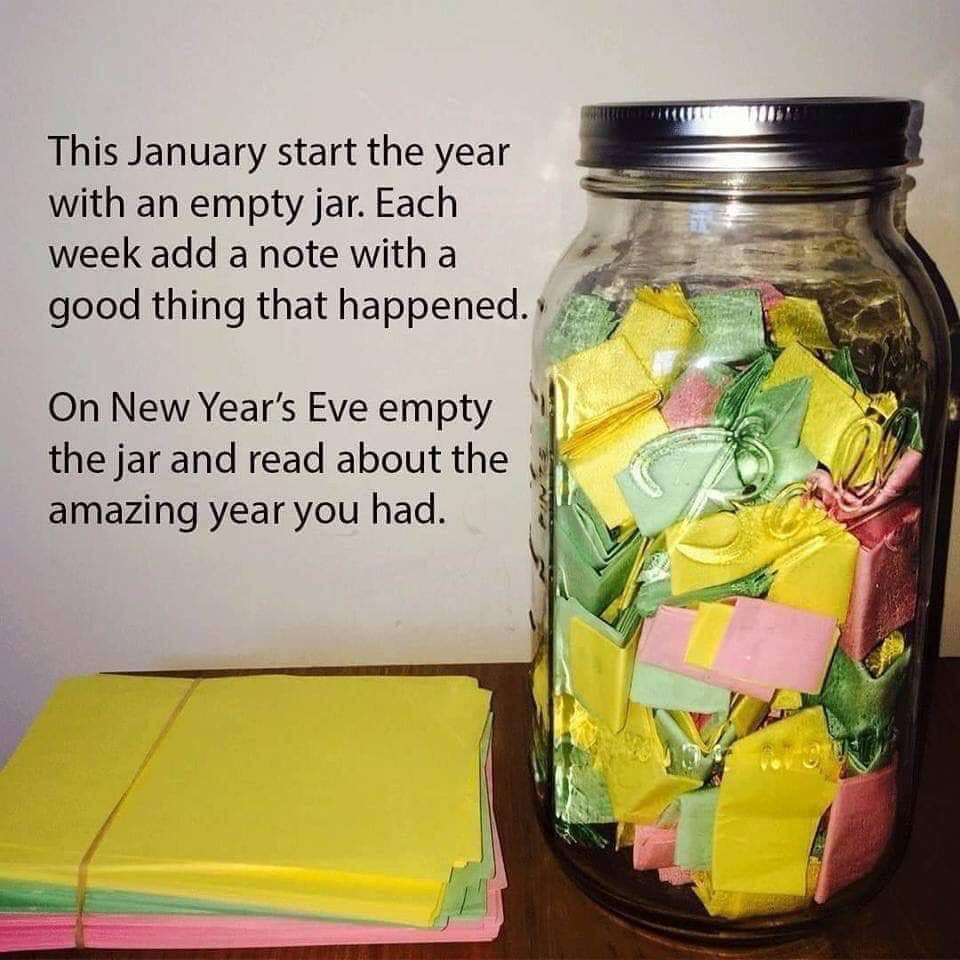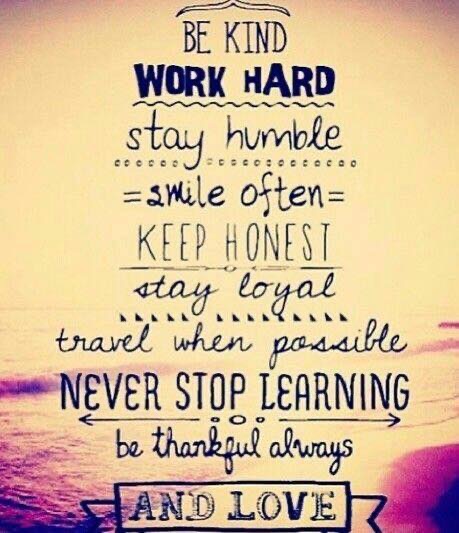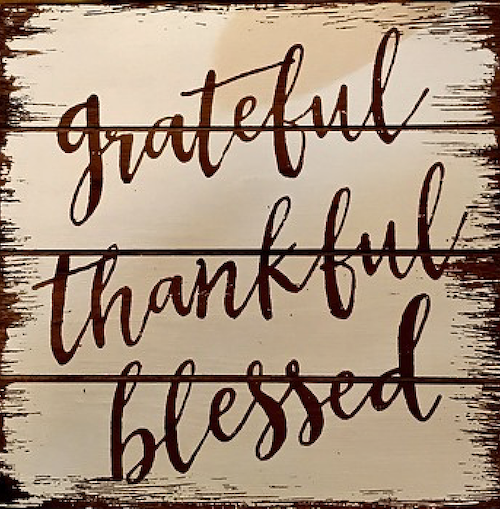Most would agree that Thanksgiving is a day to express thankfulness and gratitude…my questions to consider are:
**Does this expression on Thanksgiving day have to be the only day?
**Why would we limit our thankfulness and gratitude to one day?**How do each of us practice thankfulness?
**How do each of us practice gratitude?
Thanksgiving is not only a day to reflect on the past and enjoy the present. It can be a day to start an ongoing life of gratitude.
There is a distinction between thankfulness and gratitude. I believe thankfulness is more momentary while being grateful is a deeper level of thankfulness and grows over time. As you think about how you differentiate between thankfulness and gratitude, consider life experiences, blessings you have received or shared with others, the good within you, and the good within others. Awareness (thankfulness) and appreciation (gratefulness) should extend beyond the day of Thanksgiving.
Razzitti (n.d.), Schultz (2018) and WisdomPost (n.d.) point out differences in the terms. Being thankful or thanking someone often implies you are acknowledging your recognition for something that someone has given you or done for you. Being grateful is about appreciating what one has, as opposed to what one wants. Gratefulness is an emotional response to reflection of an occurrence or series of occurrences that have made a difference in your life. WisdomPost lists several distinctions between thankfulness and gratitude.

It would seem logical to believe that expressing thankfulness and gratitude would lead to a better life. Research supports the assumption that taking time to feel thankful and to express your gratitude leads to a better life. Several studies (Emmons & McCullough, 2003; Morin, 2015; & Wood, et al., 2008) report that being thankful and grateful improves mental and physical well-being, boosts self-esteem and contributes significantly to overall satisfaction with life. It is difficult to show/prove a cause-effect outcome between these factors. Evidence is mounting that gratitude may well be one of the fundamental pillars of a healthy lifestyle (Allen, 2018).
There are many ways to document or track thankfulness and gratitude. A few examples are:
**Journaling to tell your stories
**Daily reflection to celebrate successes
**1-2 lines a day to highlight a memory
**There are (of course) even apps available : )
If you’re not sure how to start a gratitude project consider creating a “blessings” jar. This is the same concept as the memory book I mentioned in a prior blog titled, Sharing Stories, Sharing Life .

An interesting approach to stimulate thought on thankfulness and gratitude could be to establish a baseline starting point. I share the info and tool below to inspire you to delve deeper into your personal perspectives. If you choose to use the Gratitude Quiz keep in mind that this is a self-report, subjective snapshot (read about the validity of gratitude scales in the article below).
PositivePsychology shares 7 measures of gratitude used by researchers.
The Appreciation Scale developed by psychologists, Mitchel Adler and Nancy Fagley (2005) is a tool you can use to explore “how grateful you are”. This tool shows the importance of the feeling of appreciation and its relationship with improved well-being. The assumption in the use of this scale is that appreciation subsumes gratitude.
This scale has eight subclasses that covers the various areas of appreciation including: “have” focus, awe, ritual, present moment, self/social comparison, gratitude, loss/adversity, and inter-personal appreciation.
Being thankful and grateful takes time to pause and time to reflect…something we all should do a bit more.
Wrapping Up & Looking Forward
**How do you define and practice thankfulness?
**How do you define and practice gratitude?
Watch this short video, An Experiment in Gratitude: The Science of Happiness (7 minutes), to see how simple it is to share thankfulness and gratitude with others…you both will reap the benefits. Expressing yourself will impact your happiness. Try it out!!



